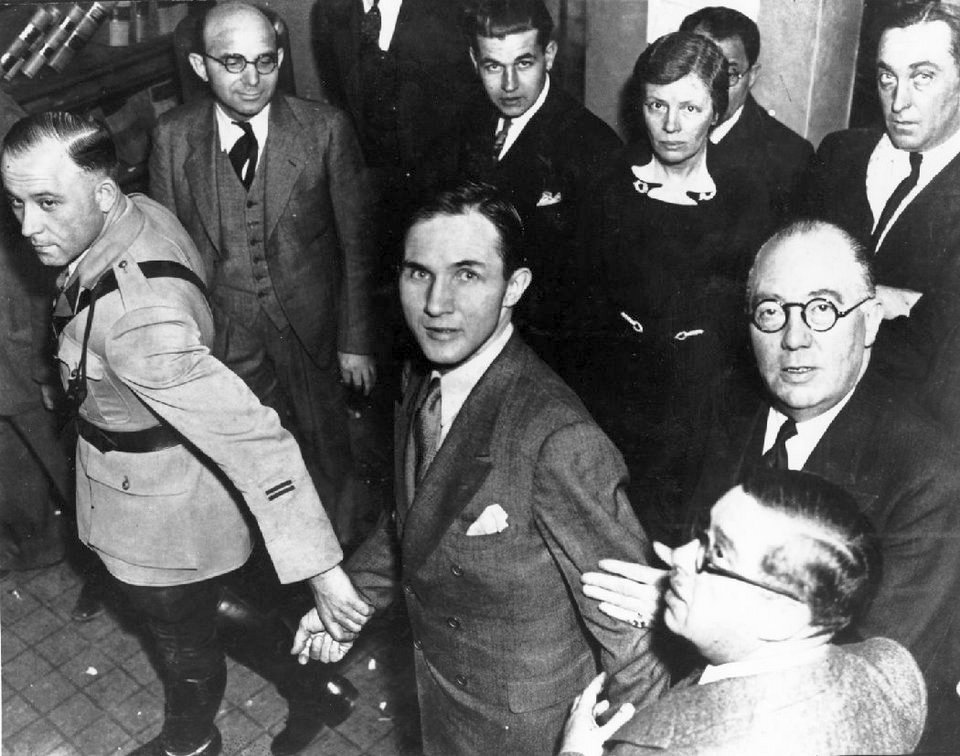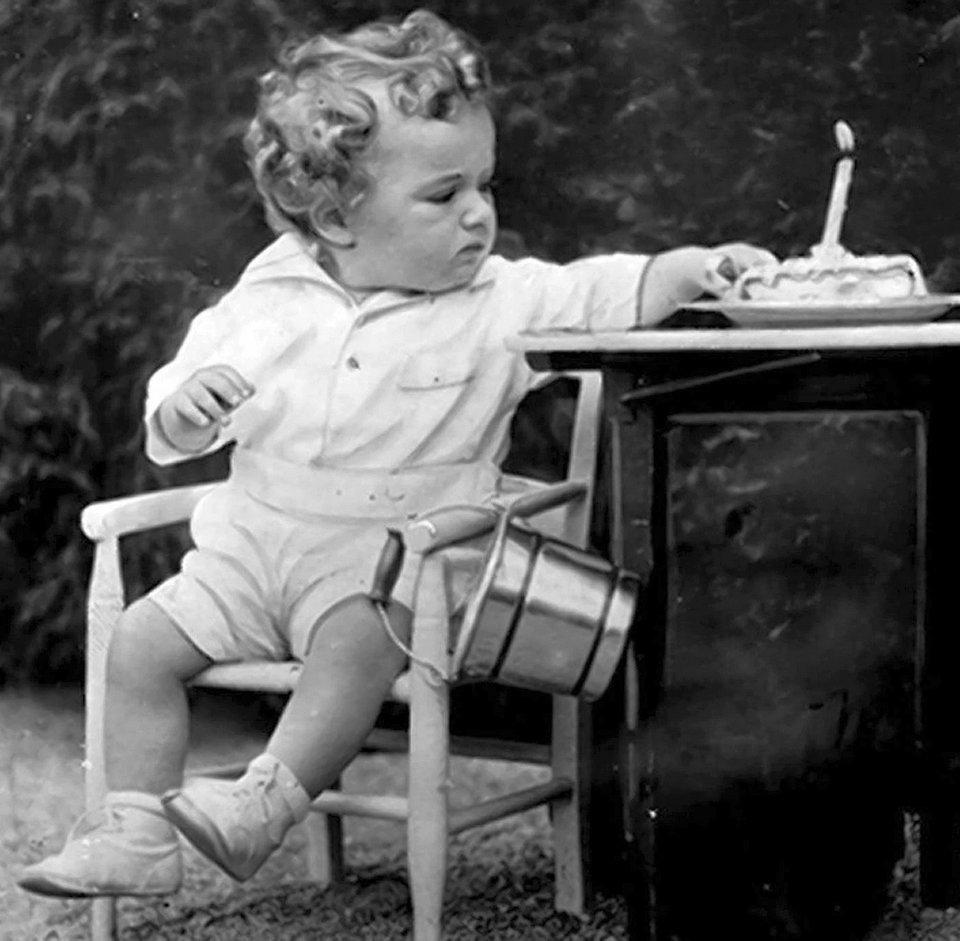
The 1 year old son of aviator Charles Lindbergh was abducted from his crib in the family home in New Jersey in March 1932. His decayed corpse was discovered some weeks later by the side of a nearby road. Two years later, a German immigrant carpenter Bruno Richard Hauptmann was arrested and executed in the electric chair in April 1936.
Dubbed the Trial of the Century, the Hauptmann case on the face of things was an open and shut matter. Around US$20,000 of the ransom money was found in his garage and handwriting experts testified that his spelling was similar to that in the ransom notes. The prosecution introduced evidence to show that part of the wood from a ladder used in the kidnapping matched a plank from the floor of Hauptmann’s attic.
Then it got worse. Despite not having an earned income, Hauptmann had bought a US$400 radio (US$8,000 in today’s money) and sent his wife to Germany on a holiday. Various witnesses claimed they had seen the accused in the vicinity of the house at the time of the kidnapping and that he had been absent from work that particular day and had resigned two days later. He did not work again but continued to live in comfort. How?

The defence examined Hauptmann at length in the courtroom. He claimed that box of gold certificates (cash) found in his garage had been left there by a friend, Isidor Fisch, who had returned to Germany but died in 1934 prior to Hauptmann’s arrest. The accused man’s wife Anna corroborated his story, or tried to, although with some inconsistencies. The defence also brought rebuttal witnesses to deny the prosecution’s claims about the handwriting and other matters, although some of the pro-Hauptmann supporters were never asked to testify.
Hauptmann was quickly found guilty and sentenced to death. His attorney’s appealed twice but the New Jersey highest court did not change the verdict or the sentence. Whilst in prison, he was offered life imprisonment instead of the electric chair if he pleaded guilty, but he refused to offer. His wife continued to campaign after her husband’s execution down until her death in the 1990s, but without success.
Needless to say, conspiracy theories have sprung up in such a controversial case. Some in the New Jersey police and prosecution service never believed it was a “one man job” and later said not enough attention had been paid to the activities criminal gangs in New Jersey. Several prosecution witnesses towards the end of their life claimed to have committed perjury and had been seduced by bribes. One conspiracy theory even claims that Charles Lindbergh, the father of the baby, had accidentally killed the child during play and had succeeded in blaming the tragedy on Hauptmann.
Several books have been written both for and against Hauptmann’s guilt with particular attention to the plank of wood in Hauptmann’s attic which might (or might not) have been similar to the ladder used by the kidnapper to enter the baby’s bedroom. The whole subject remains contested to this day, although the balance of professional opinion today is that Hauptmann was in some way connected to the death, though not necessarily as the perpetrator. Ever since, kidnapping has been designated as a federal offence in the United States.
 |
 |
 |





